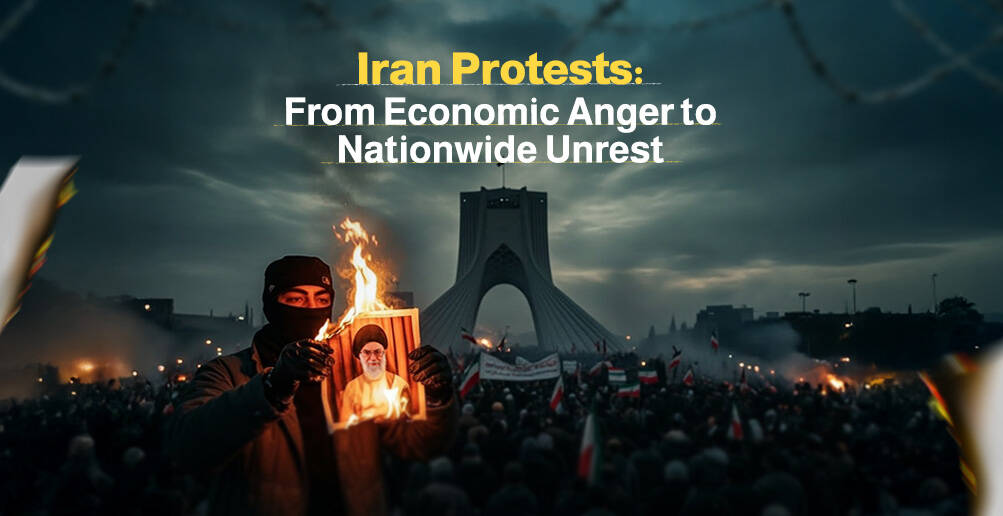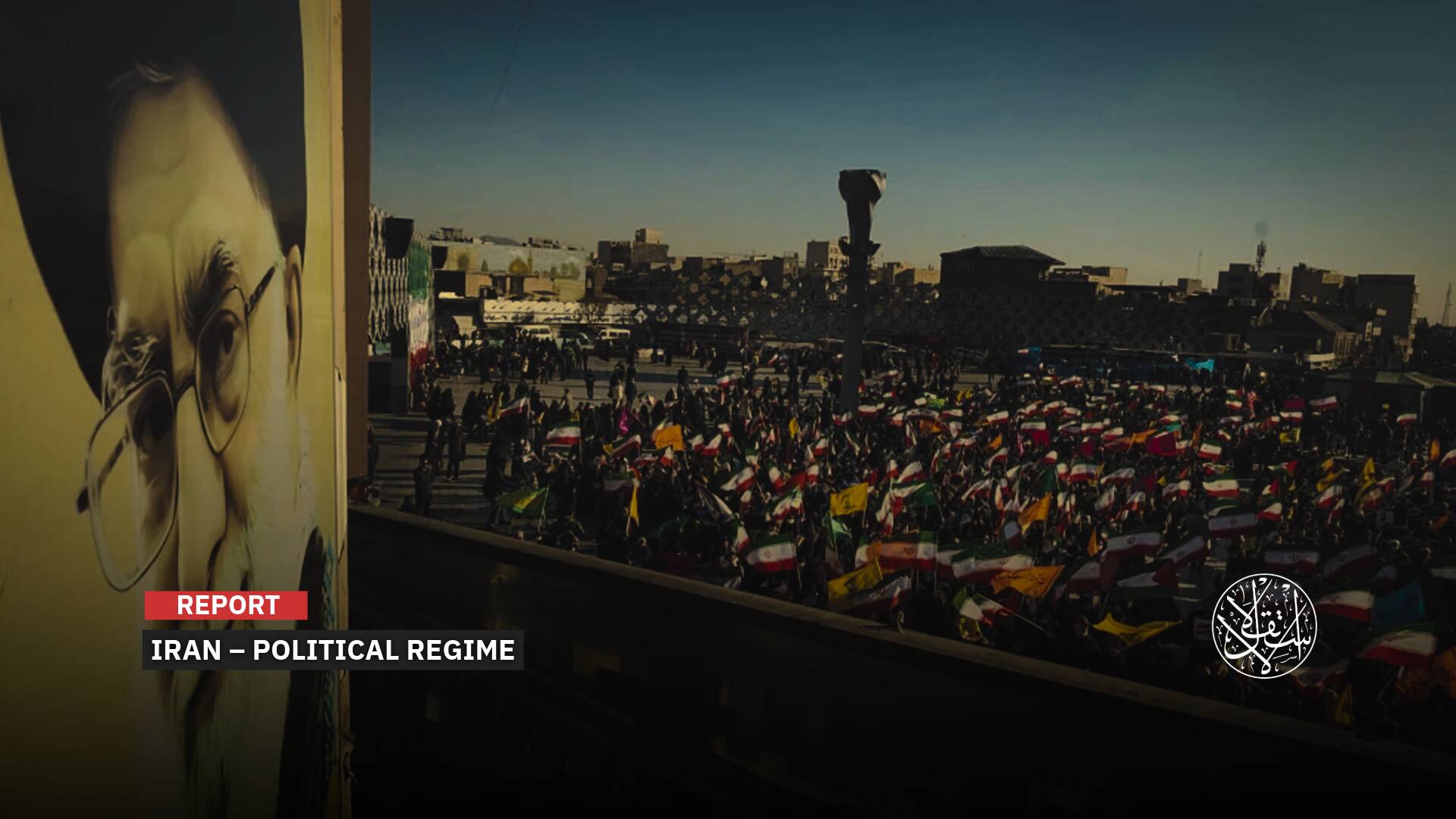Turkish Journalist to Al-Estiklal: Erdogan Delivers an Ottoman Blow to the West at the Ballot Boxes

Turkish journalist Hamza Tekin affirmed that all indicators confirm President Recep Tayyip Erdogan's anticipated lead in the second round of the presidential elections, scheduled to take place on May 28, 2023.
In an interview with Al-Estiklal, Tekin stated that Turkiye has presented an exemplary model of advanced democracy to the world, delivering an Ottoman blow to the West through these fair elections that witnessed one of the highest voter turnouts globally.
Regarding the future of the opposition alliance known as the Table of Six, Tekin clarified that the political careers of the opposition figures will undoubtedly come to an end following the defeat of their candidate, Kemal Kilicdaroglu, on May 28.
On May 14, Turkiye held presidential and parliamentary elections, with President Erdogan, the candidate of the People's Alliance (Cumhur Ittifaki), competing against Kilicdaroglu, the candidate of the Nation Alliance (Millet Ittifaki), and Sinan Ogan, the candidate of the Ancestral Alliance (Ata Ittifaki).
The Supreme Electoral Council of Turkiye officially announced the second round of the presidential elections between Erdogan and Kilicdaroglu on May 28, as no candidate received over 50% of the votes.
Erdogan garnered 49.52% of the votes, while Kilicdaroglu received 44.88%, and Ogan secured 5.17%, according to the final results announced by the Supreme Electoral Council.
.png)
The Future President
• Who will assume the presidency of Turkiye in the prevailing climate of the nation?
Hamza Tekin: Initially, all indicators, numbers, field data, and political assessments confirm that President Recep Tayyip Erdogan will undoubtedly be in the lead in the anticipated second round of elections scheduled for May 28, 2023.
Erdogan will secure a new presidential term for the coming five years, becoming the 13th President of the Republic of Turkiye.
On the other hand, the chances of the Turkish opposition candidate are weak due to the state of disarray and confusion following their defeat in the first round of elections.
There have been resignations and dismissals within the Republican People's Party, the Good Party, the Democracy and Progress Party, and a lack of compliance with the leadership in the Happiness Party.
The leader of the Good Party, Meral Aksener, has been completely absent from the scene since the announcement of the results of the first round of elections. We have not seen any speeches, interviews, or even statements supporting her candidate, Kilicdaroglu, in the runoff.
Therefore, this gloomy image of the opposition will have a negative impact on the chances of the opposition candidate in the second round.
As for President Erdogan, there is cohesion within the People's Alliance, and it has achieved a victory by obtaining an absolute majority in Parliament through a sweeping victory.
There are celebrations of this victory, and this cohesion will have a positive impact on the votes for President Erdogan in the runoff.
Additionally, the parliamentary sweep with Erdogan's alliance securing an absolute majority of 323 seats out of 600 will change the opinions and voting tendencies of many Turkish citizens in favor of Erdogan in that round.
• To whom will the votes of the opposing nationalists, supporters of Muharrem Ince and Sinan Ogan, go after their withdrawal from the competition?
Hamza Tekin: Regarding the votes of the nationalists, regardless of the specific image we will witness in the coming days without delving into the details, these votes will be divided in various ways between Erdogan and Kilicdaroglu, and a third portion of them will not participate in the elections.
.png)
Analysis of the Results
• What were the notable observations in voting trends during the first round of elections?
Hamza Tekin: Regarding the elderly population, it was observed that the majority of them chose the Justice and Development Party (AKP) due to their familiarity with Turkiye's past and its current state of development.
As for women specifically, the AKP is the largest party with a female parliamentary bloc in the new Turkish Parliament, consisting of 50 female deputies.
Among them are the youngest two deputies in the Parliament, namely Zehranur Aydemir, a 25-year-old deputy from Ankara, and Rumeysa Kadak, a 27-year-old deputy from Istanbul.
The misconception that the AKP would not garner support from the youth in these elections has proven to be entirely inaccurate. A significant percentage of millions of young people are aware of the reality of Turkiye and the level of progress it has achieved, transforming it from a weak peripheral state to a regional and international power.
It should be noted that the AKP lowered the voting age from 21 to 18, sending a message of significant interest to the youth. Additionally, the youngest member in the new Parliament is also from the AKP, a 25-year-old woman.
Therefore, there is substantial interest in the youth from President Erdogan, which has led to a wide segment of them voting in favor of the AKP. The opposition has perpetuated this false image in previous elections as well, but the reality contradicts their claims.
• What is the future of the opposition alliance after failing to secure a parliamentary majority?
Hamza Tekin: Following the loss of the opposition candidate, Kilicdaroglu, on May 28th, the political careers of opposition figures will undoubtedly come to an end. They will likely resign, and their political lives will be completely over because they have failed to fulfill the promises they made to their supporters in recent months.
They promised that the Republican People's Party (CHP) would make significant progress in Parliament and that the Good Party (IYI Party) would be the leading party. They also pledged to change the presidential system and revert Turkiye to a parliamentary system, with Meral Aksener promising to become the Prime Minister under that system.
There are many other things that the opposition will certainly fail to achieve, meaning that many leaders within the opposition alliance will pay a significant price in their political lives.
.png)
• Some say that the ruling party has retreated in these elections compared to 2018. What is your opinion?
Hamza Tekin: Undoubtedly, the ruling party has some aspects in which it did not succeed, and it may have some internal mistakes that will ultimately have consequences today.
However, what sets Turkiye apart is that even if a party has been in power for 20 years, it cannot win an absolute majority and increase its number of deputies each time.
It cannot manipulate the elections to add only 0.5% in order for the President to win a new round. This image of Turkiye politics confirms that the situation is extremely healthy from my perspective.
Despite this slight decline due to some mistakes that naturally affect a party that has been in power for 20 years, the important thing for the future is to correct these mistakes in areas where the Turkish people are dissatisfied and inject new blood into the party.
• What is your interpretation of the AKP's loss in Istanbul and Ankara?
Hamza Tekin: The AKP did not lose in Istanbul and Ankara; rather, it won the majority of parliamentary seats in both cities. However, we can say that there was a slight decline in Istanbul and Ankara.
If we look at the numbers received by President Erdogan, we find this decline to be very minimal. Consequently, these numbers are expected to change in the second round, meaning that Erdogan could receive new votes that do not necessarily align with his ideology.
I anticipate that President Erdogan will come out ahead in Istanbul and Ankara in the runoff round.
The Run-Off
• In your opinion, what is the decisive element in the runoff round?
Hamza Tekin: There has been a sense of stability demonstrated by Erdogan and his allies since the conclusion of the first round. We haven't witnessed any issues or negative news in the media, nor have we observed any problems within the ruling People's Alliance. This encourages Turkish voters who were hesitant in the first round to vote for Erdogan with confidence.
On the other hand, the negative factor for the opposition is the state of disarray and resignations within the Republican People's Party (CHP) and the Good Party (IYI Party), as well as the absence of the CHP leader for almost a week following the parliamentary election loss.
Moreover, the scandals committed by municipalities affiliated with the CHP and circulated on social media, including insults and eviction of earthquake victims from hotels and party-owned residences, will likely backfire against Kemal Kilicdaroglu at the ballot boxes.
.png)
• What implications will these evictions have on the election results?
Hamza Tekin: The eviction of earthquake victims from municipalities affiliated with the CHP is undoubtedly unethical and reflects poorly on the party's candidate. It will have a negative impact on the ballot boxes, as it represents a despicable act of racism against the victims solely because they do not share the same political inclinations.
Therefore, if this mentality is to govern Turkiye, it poses a significant problem. Consequently, the CHP candidate will face a decisive and formidable response, even stronger than in previous elections, with voters casting their ballots against him. The earthquake victims themselves will also deliver a harsh response at the ballot boxes.
• What is the stance of Arab and foreign nationals on the runoff election, and how much influence do they have on the election results?
Hamza Tekin: Arab and foreign nationals who have acquired Turkish citizenship are now part of the Turkish population. Like any Turkish citizen, they are expected to exercise their legal right and vote for the candidate of their choice. Those who wish to vote for Erdogan should do so, and those who wish to vote for Kilicdaroglu should do the same.
The important thing is that all Turkish citizens, regardless of their nationality, should fulfill their citizenship rights and participate in this democratic event through political, democratic, and party work, as it is crucial to engage in this unique experience.








